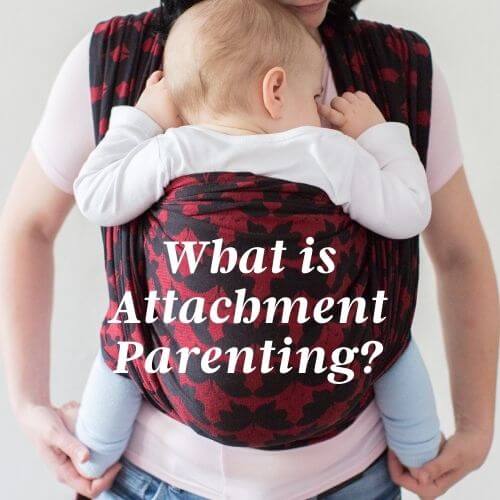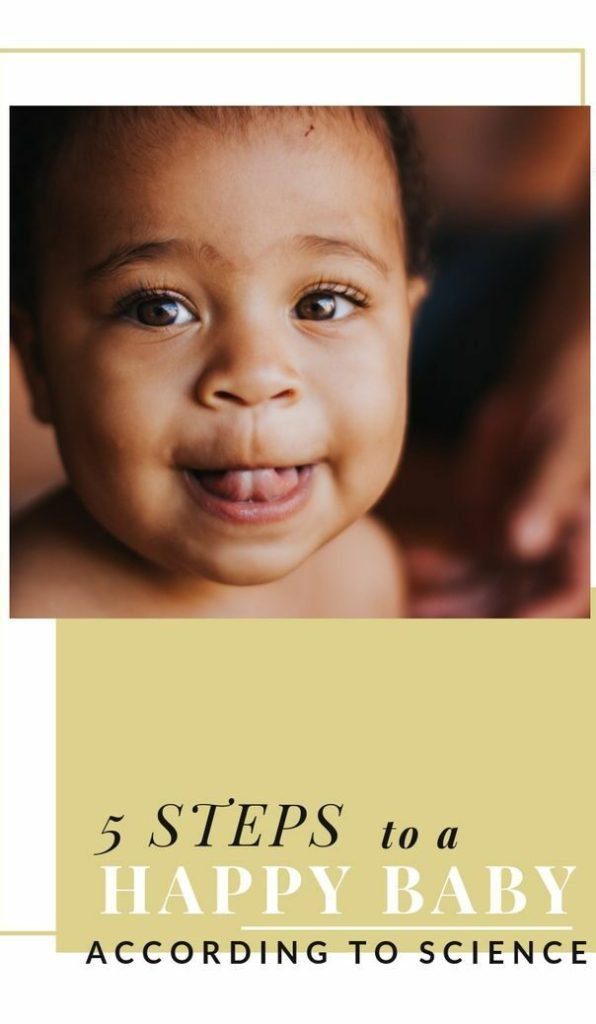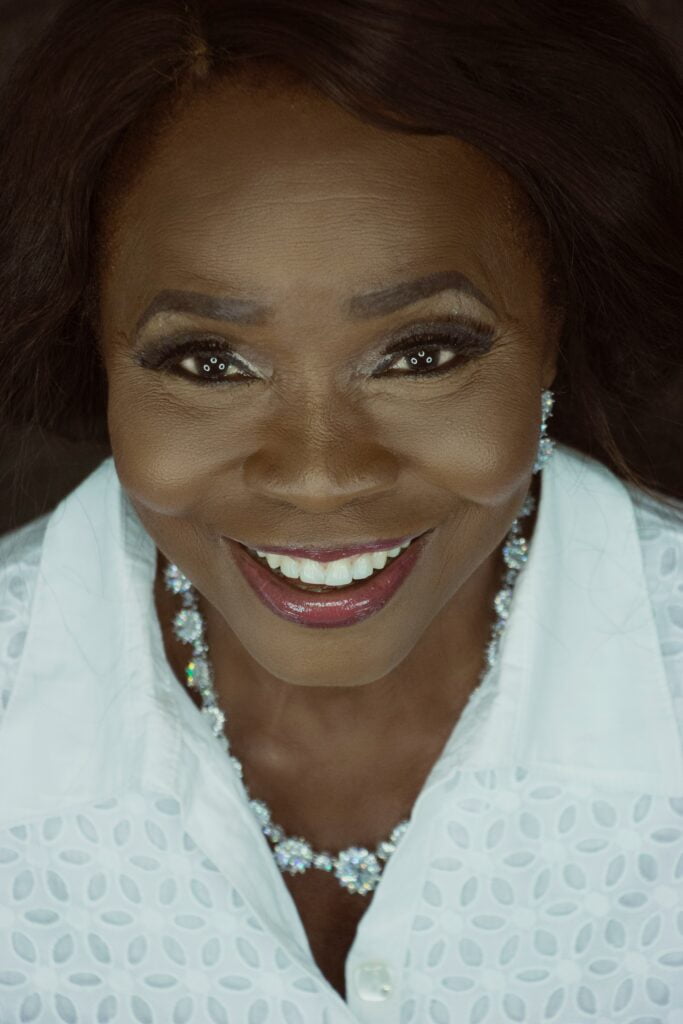Childhood trauma symptoms in adults lead to parenting issues if not dealt with before the start of parenthood. Recognising the signs of trauma in different aspects of your life and doing the work to understand the root of great trauma is an important step in preparing yourself for parenting. You can better prevent your own children from experiencing the same types of trauma.
Adults with childhood trauma are not always able to identify or address their trauma throughout their lifetimes. They may not even be aware of childhood trauma as a concept or the potential effects of childhood trauma.
What is childhood trauma?
Childhood trauma has been defined by the Diagnostic and Statistical Manual of Mental Disorders IV and V as “exposure to actual or threatened death, serious injury, or sexual violence”. It includes anything from seeing, hearing about or directly experiencing trauma.
This means that trauma does not have to have been directly inflicted on you as a child in order for you to be affected by it well into your adulthood. You only need to have heard about it or seen it being experienced by someone else and it could impact you for the rest of your life.
Individuals who have experienced traumatic events in their childhood are likely to have mental health conditions further down the line that may require some trauma focused therapy.
READ: Types of Attachment Parenting Techniques
In relation to childhood trauma, people are usually speaking about trauma that occurs to children between the ages of 0-6 years old. There are also different classifications of childhood trauma.
Classifications of childhood trauma
In a study conducted with alcohol-dependent subjects, researchers pointed out five different categories of childhood trauma:
- Emotional neglect. This is where a parent or parents do not get to know their children for who they are. They do not understand, for example, the things that give their children joy or what makes them feel fear. They are not interested in trying to understand them.
- Emotional abuse. This occurs where a child experiences emotional maltreatment on a long term and continuous basis.
- Physical neglect. The Child Abuse Prevention Center defines physical neglect as “negligent treatment or the maltreatment of child by a person responsible for the child’s welfare, including both acts and/or omission of care”.
- Physical abuse. Physical abuse can be defined as occuring where “a child’s body is injured as a result of hitting, kicking, shaking, burning or other show of force.”
- Sexual abuse. In 1999, the World Health Organisation (WHO) defined child sexual abuse as sexual activity that the child does not fully understand, “is unable to give informed consent to, or for which the child is not developmentally prepared and cannot give consent”, or that is legally or socially taboo.
It is possible for children to experience more than one of these forms of child abuse at a time. This is because for each classification, there are different ways that they can be inflicted on a child. Those are the various types of childhood trauma.

Some types of childhood trauma
Childhood trauma can occur in so many different ways that it is difficult to give a complete list without accounting for the individual experiences of every single person who has ever endured childhood trauma. The predominant forms of abuse experienced in childhood will even differ by culture, level of literacy, and geography, to name a few.
To start with though, we can point out the following 11 more commonly considered types of trauma.
- Bullying in school
- Parental divorce or separation
- Abject poverty
- Rape
- Attempted rape
- Witnessing addiction
- Discipline by physical violence
- Death of a primary caregiver
- Natural disasters
- Terrorist attacks
- Witnessing domestic violence

I am sure you can think of many more. From either your own experience or from hearing other people’s experiences with different types of trauma, you may be able to distinguish what classification they come under.
Then again, it might be hard for you to tell if you have experienced childhood trauma before, or if someone you know has experienced it and is affected by it in their adulthood. There are signs to look out for and I will list a few below.
9 symptoms of childhood trauma in adults
How does childhood trauma affect you later in life?
- Memory deficits from subconsciously trying to block out traumatic memories
- Substance abuse
- Poor sleep or insomnia
- Obesity
- Nightmares
- Lack of concentration
- Borderline Personality Disorder (BDP). This can be defined as “a pervasive pattern of emotional dysregulation, impulsiveness, unstable sense of identity and difficult interpersonal relationships”.
- Obsessive Compulsive Disorder (OCD)
- Post Traumatic Stress Disorder (PTSD)
Note that some of the above symptoms of childhood trauma in adults can also manifest as signs of post traumatic stress disorder.
Any of these disorders could indicate past trauma in an adult. However there are several more symptoms of childhood trauma in adults and the best way to get diagnosed is by a professional.
A professional will not only be able to diagnose you but also provide you with the best therapy for your specific situation.
You may also like: How to have a Happy Baby according to Science
The effects of childhood trauma on relationships in adulthood
Childhood trauma symptoms in adults can have a profound and lasting impact on their relationships in adulthood. Here are some ways in which childhood trauma symptoms in adults can affect their relationships.
- Attachment issues. Childhood trauma can disrupt the development of secure attachment styles, making it challenging for adults with childhood trauma symptoms to form healthy, trusting, and emotionally intimate connections with others. They may struggle with fear of abandonment or have difficulty getting close to others.
2. Trust and intimacy issues. Trust is a fundamental component of any relationship, but adults with childhood trauma symptoms may find it difficult to trust others. These individuals might have a hard time opening up, sharing their emotions or being vulnerable in their relationships.
3. Emotional regulation: Childhood trauma can affect an individual’s ability to regulate emotions. Adults with a history of childhood trauma symptoms may struggle with mood swings, anger outbursts or emotional numbness, which can strain their relationships.
4. Communication challenges: Effective communication is essential for healthy relationships, but childhood trauma can hinder one’s ability to express themselves and listen to others. This can lead to misunderstandings, conflicts, and difficulties resolving issues.
5. Boundaries and codependency. Childhood trauma can contribute to difficulties in setting and maintaining healthy boundaries. Some individuals with childhood trauma symptoms may become overly enmeshed in relationships, leading to codependency, while others may struggle to establish boundaries, making it challenging to protect their emotional well-being.

6. Self-esteem and self-worth. Childhood trauma can significantly impact one’s self-esteem and self-worth. Adults with childhood trauma symptoms may carry feelings of shame, guilt, or low self-esteem into their relationships, affecting their self-image and how they believe others perceive them.
7. Re-enactment of trauma patterns. Unresolved childhood trauma can lead to the unconscious repetition of trauma patterns in adulthood relationships. Individuals with childhood trauma symptoms may unconsciously seek out partners or situations that replicate their traumatic experiences, perpetuating a cycle of dysfunction.
8. Avoidance and isolation: Some adults with childhood trauma symptoms may cope by avoiding close relationships altogether or isolating themselves emotionally. This can lead to feelings of loneliness and social withdrawal.
9. Impact on parenting: For those who become parents, childhood trauma symptoms in adults can influence their parenting style and ability to provide a secure and nurturing environment for their own children. Unresolved trauma can be passed down through generations.
3 of the Therapies provided for childhood trauma in adults
- Medication
- Eye-movement desensitisation and re-processing (EMDR)
- Cognitive Processing Therapy (a type of Cognitive Behavioural Therapy)
Are you embarking on parenthood and wondering whether you may be about to pass on your trauma to your child?
GET THERAPEUTIC HELP with 20% off your sessions.









9 Comments
Growing up in a south asian household, it was thought to be completely normal and even encouraged to hit your children into obedience. My parents understand now that this isn’t the way but unfortunately most of that damage is already done. I grew up a very very shy, quiet and almost timid child because of this. I’m trying to do better with my own little guy now because I certainly don’t want him to deal with these things as he grows up. I think it can be quite difficult for kids to comprehend all this and eventually leads to them not being so close to their parents in adulthood.
This was a very informative article! Thanks for sharing! When I taught in the urban core, a lot of our students dealt with childhood trauma which impacted them on a daily basis.
I can absolutely see how these traumas from childhood can result in these different symptoms as adults. Thank you for sharing this article. So informative!
very interesting, informative and unique article.. thanks for sharing
A very important read. Thank you for this information. It’s very sad when any child is going through trauma. I cannot imagine the process they need to go through to heal.
I consider myself extremely lucky not having exerienced any kind of trauma. I think your post is very informative and I completely agree that adults should address this issue before embarking parenthood.
Having been a victim of childhood trauma and ptsd this article is so informative and very much appreciated. It’s so important to talk about these issues.
I have been diagnosed with CPTSD, and have been in and out of therapy for much of my life. I was sexually abused and molested as a child and then again as a teenager by different males. My dad (who was not the sexual abusers) hit me virtually everyday, screaming that I was “stupid” “a witch” and then when I became an adult, he told me that I “was born to be the thorn in his side.” My dad was a narcisist as is my older sister who I live with. I’ve, unfortunately tried to commit suicide four times throughout my life, and I still deal with passive suicidal ideation on a regular basis. I’ve left a lot out, but suffice it to say, I don’t think I’m ever going to get better. There’s just too much to sift through, and now, at 67, I’ve pretty much come to terms that life will always be hard for me. I wish a lot of this were being talked about when I was a kid. It might’ve made a difference. I don’t know.
I’m so sorry for all that you’ve had to go through all your life, Christina. It’s beyond heartbreaking to read. I wonder if any amount of therapy might be of help to you however I also know that therapy is not as accessible to everyone as people make it seem. I completely agree that the more people talk about things like this to kids, the more of a difference it might make to both how well people deal with having gone through childhood trauma and also to to what extent people even experience childhood trauma in the first place.
Thank you so much for sharing your story here.